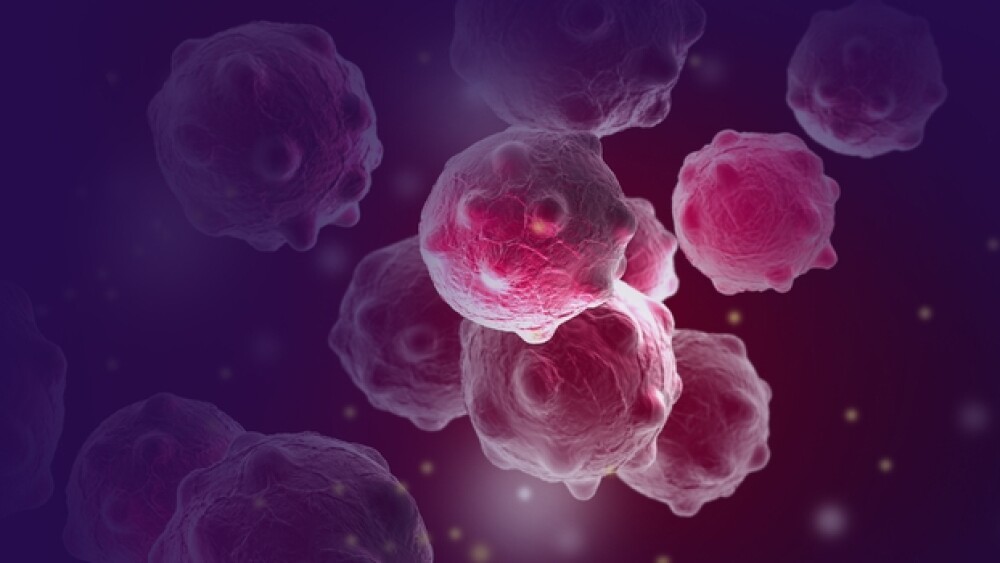“Today’s announcement marks a significant milestone towards fulfilling our promise to patients globally with TNBC of providing a new treatment option that can meaningfully improve their lives,” said Behzad Aghazadeh, executive chairman of Immunomedics.
Morris Plains, New Jersey-based Immunomedics announced it has halted its Phase III confirmatory ASCENT clinical trial of sacituzumab govitecan in patients with metastatic triple-negative breast cancer (mTNBC). An independent Data Safety Monitoring Committee (DSMC) recommended they stop the trial because of “compelling evidence of efficacy.”
“It is my distinct honor to have served as Chairperson of the independent DSMC for this important study,” said Julie R. Gralow, Jill Bennett Endowed Professor of Breast Cancer, University of Washington School of Medicine and member, Fred Hutchinson Cancer Research Center.
Gralow went on to say, “Triple-negative breast cancer (TNBC) is a disease with extremely limited treatment options beyond classic chemotherapy. The remarkable results we observed across multiple endpoints in the ASCENT study warranted early discontinuation of the trial and are indicative of a potential major advance in the treatment of this devastating disease that affects younger women and African American women at higher rates. I look forward to the release of the final analyses of these study data when they are available for public presentation.”
The U.S. Food and Drug Administration (FDA) is currently reviewing the company’s resubmission of an application for accelerated approval of sacituzumab govitecan for mTNBC patients who have had a least two previous therapies for metastatic disease. They have a target action date of June 2, 2020.
The ASCENT Phase III trial is a confirmatory study to validate the safety and efficacy data seen in the Phase II trial of heavily pretreated mTNBC patients. The primary endpoint is progression-free survival (PFS) and secondary endpoints include overall survival (OS) and objective response rate (ORR).
Triple-negative breast cancer is a type of cancer that tests negative for estrogen receptors, progesterone receptors and excess HER2 protein. The bottom line is that the growth of the cancer is not stimulated by those hormones, and that as a result, it doesn’t respond to hormonal therapy or drugs that target HER2 protein receptors.
About 10 to 20% of breast cancers are triple-negative breast cancers. Triple-negative breast cancer is generally more aggressive and has a worse prognosis than other types of breast cancer. It also tends to be higher grade than other forms of breast cancer.
Sacituzumab govitecan is an antibody drug conjugate, meaning it is an antibody targeting a specific type of cell attached to a chemotherapy drug. Immunomedics’ approach is to use slightly less toxic drugs so that the patient can be given higher doses without the systemic toxicity associated with more toxic drugs, then use the antibody to further target the specific cancer cells.
Sacituzumab govitecan contains SN-38, the active metabolite of irinotecan, which is a cancer drug approved by the FDA and other regulators worldwide. But the drug can’t be given directly to patients because of its toxicity and poor solubility. The drug is conjugated to an anti-TROP-2 antibody. TROP-2 is a cell-surface receptor overexpressed by many tumors, including breast, colon and lung, but has limited expression in normal human tissues.
“Today’s announcement marks a significant milestone towards fulfilling our promise to patients globally with TNBC of providing a new treatment option that can meaningfully improve their lives,” said Behzad Aghazadeh, executive chairman of Immunomedics.





